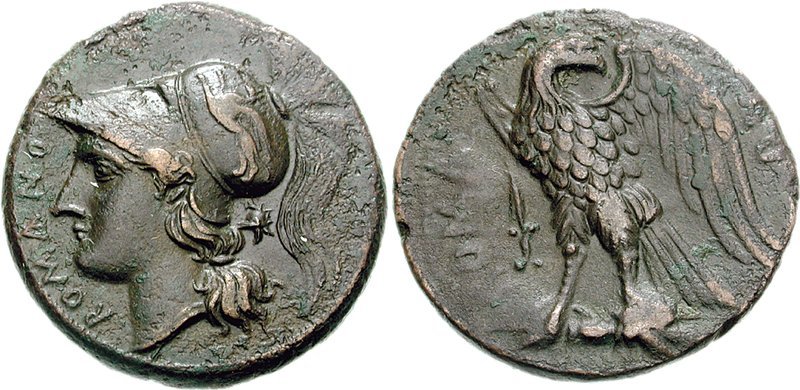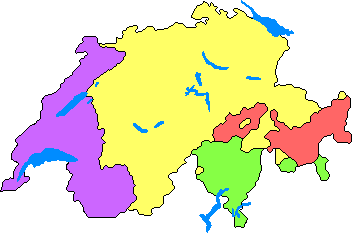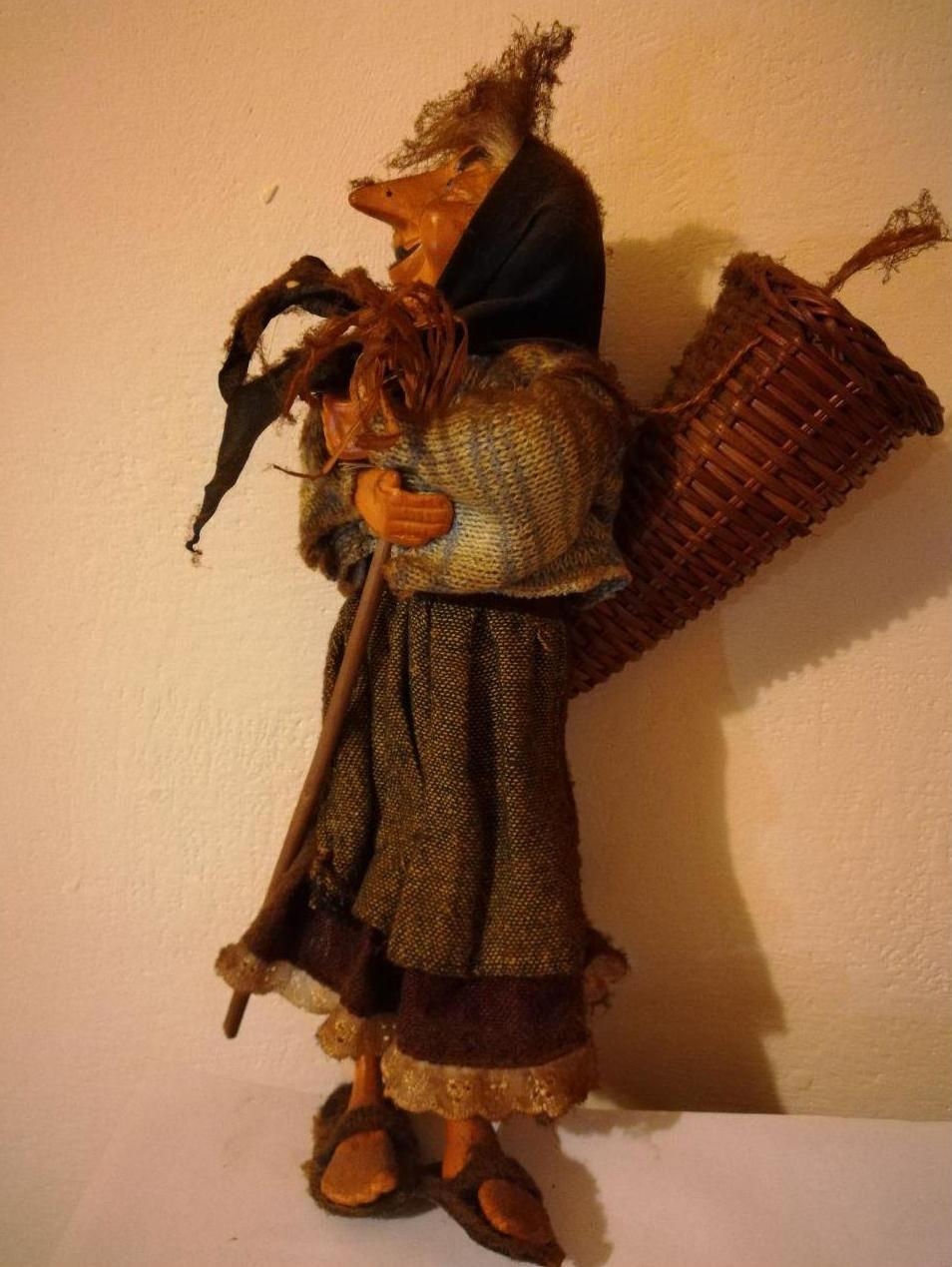|
Laura Gonzenbach
Laura Gonzenbach (1842–1878) was a fairy-tale collector of Swiss-German origins, active in Sicily, who collected fairy tales told orally in the local dialects. Gonzenbach was born in Messina, to a Swiss German-speaking mercantile family and community. Her sister, Magdalena, founded the first school for girls in Messina, the ''Istituto Gonzenbach''. Her important work as a folklorist was thoroughly researched by Luisa Rubini in ''Fiabe e mercanti in Sicilia. La raccolta di Laura Gonzenbach. La comunità di lingua tedesca a Messina nell’Ottocento'' (1998). Gonzenbach was a scrupulous avant-garde scholar of popular traditions. She was well educated, mastered several languages and became well known for the Italian folklore she gathered mainly from female informants. After the prompting of Otto Hartwig for material to append to a historical survey of the country, she produced what would become an important two-volume collection in Standard German Standard High German (SHG), less ... [...More Info...] [...Related Items...] OR: [Wikipedia] [Google] [Baidu] |
Sicily
Sicily (Italian language, Italian and ), officially the Sicilian Region (), is an island in the central Mediterranean Sea, south of the Italian Peninsula in continental Europe and is one of the 20 regions of Italy, regions of Italy. With 4.7 million inhabitants, including 1.2 million in and around the capital city of Palermo, it is both the largest and most populous island in the Mediterranean Sea. Sicily is named after the Sicels, who inhabited the eastern part of the island during the Iron Age. Sicily has a rich and unique culture in #Art and architecture, arts, Music of Sicily, music, #Literature, literature, Sicilian cuisine, cuisine, and Sicilian Baroque, architecture. Its most prominent landmark is Mount Etna, the tallest active volcano in Europe, and one of the most active in the world, currently high. The island has a typical Mediterranean climate. It is separated from Calabria by the Strait of Messina. It is one of the five Regions of Italy#Autonomous regions with s ... [...More Info...] [...Related Items...] OR: [Wikipedia] [Google] [Baidu] |
Fairy Tales
A fairy tale (alternative names include fairytale, fairy story, household tale, magic tale, or wonder tale) is a short story that belongs to the Folklore, folklore genre. Such stories typically feature Magic (supernatural), magic, Incantation, enchantments, and Myth, mythical or fanciful beings. In most cultures, there is no clear line separating myth from folk or fairy tale; all these together form the literature of preliterate societies. Fairy tales may be distinguished from other folk narratives such as legends (which generally involve belief in the veracity of the events described) and explicit moral tales, including beast fables. Prevalent elements include dragons, Dwarf (Germanic mythology), dwarfs, Elf, elves, Fairy, fairies, Giant (mythology), giants, Gnome, gnomes, Goblin, goblins, griffins, merfolk, Monster, monsters, monarchy, Pixie, pixies, talking animals, Troll, trolls, Unicorn, unicorns, Witchcraft, witches, Magician (fantasy), wizards, magic, and enchantments. In ... [...More Info...] [...Related Items...] OR: [Wikipedia] [Google] [Baidu] |
Messina
Messina ( , ; ; ; ) is a harbour city and the capital city, capital of the Italian Metropolitan City of Messina. It is the third largest city on the island of Sicily, and the 13th largest city in Italy, with a population of 216,918 inhabitants in the city proper and about 595,948 in the metropolitan city as of 2025. It is located near the northeast corner of Sicily, at the Strait of Messina and it is an important access terminal to Calabria region, Villa San Giovanni, Reggio Calabria on the mainland. Founded by the Sicels with the name of ''Zancle'' in 757 BC, which in Siculian, their language meant sickle, it was repopulated by Greek colonisation, Greek colonists of Magna Graecia and renamed ''Messana''. The city was renamed ''Messina'' in the Byzantine Empire, Byzantine age. It was an important Roman Empire, Roman, and then Byzantine Empire, Greek-Byzantine city, but in 843 it was completely destroyed by the Arabs. Almost abandoned during the Islamic period, it rose again i ... [...More Info...] [...Related Items...] OR: [Wikipedia] [Google] [Baidu] |
Swiss German
Swiss German (Standard German: , ,Because of the many different dialects, and because there is no #Conventions, defined orthography for any of them, many different spellings can be found. and others; ) is any of the Alemannic German, Alemannic dialects spoken in the German-speaking Switzerland, German-speaking part of Switzerland, and in some Alps, Alpine communities in Northern Italy bordering Switzerland. Occasionally, the Alemannic dialects spoken in other countries are grouped together with Swiss German as well, especially the dialects of Liechtenstein and Austrian Vorarlberg, which are closely associated to Switzerland's. Linguistically, Alemannic is divided into Low Alemannic German, Low, High Alemannic German, High and Highest Alemannic German, Highest Alemannic, varieties all of which are spoken both inside and outside Switzerland. The only exception within German-speaking Switzerland is the municipality of Samnaun, where a Bavarian language, Bavarian dialect is spoken. ... [...More Info...] [...Related Items...] OR: [Wikipedia] [Google] [Baidu] |
Folklore Of Italy
Folklore of Italy refers to the folklore and urban legends of Italy. Within the Italian territory, various people have followed each other over time, each of which has left its mark on current culture. Some tales also come from Christianization, especially those concerning Devil, demons, which are sometimes recognized by Christian demonology. Italian folklore also includes the genre of the fairy tale (where the term itself was born), folk music, folk dance and folk heroes. Figures and Heroes of Italian folklore Below is a list of the folklore figures who have animated Italian folk tales since ancient Rome. Traditional characters * In Italian folklore, the Befana is an old woman who Christmas gift-bringer, delivers gifts to children throughout Italy on Epiphany (holiday), Epiphany Eve (the night of January 5) in a similar way to Santa Claus or the Biblical Magi, Three Magi Kings. A popular belief is that her name derives from the Calendar of saints, Feast of Epiphany (Christi ... [...More Info...] [...Related Items...] OR: [Wikipedia] [Google] [Baidu] |
Otto Hartwig
Otto is a masculine German given name and a surname. It originates as an Old High German short form (variants ''Audo'', '' Odo'', '' Udo'') of Germanic names beginning in ''aud-'', an element meaning "wealth, prosperity". The name is recorded from the 7th century ( Odo, son of Uro, courtier of Sigebert III). It was the name of three 10th-century German kings, the first of whom was Otto I the Great, the first Holy Roman Emperor, founder of the Ottonian dynasty. The Gothic form of the prefix was ''auda-'' (as in e.g. '' Audaþius''), the Anglo-Saxon form was ''ead-'' (as in e.g. '' Eadmund''), and the Old Norse form was '' auð-''. Due to Otto von Bismarck, the given name ''Otto'' was strongly associated with the German Empire in the later 19th century. It was comparatively frequently given in the United States (presumably in German American families) during the 1880s to 1890s, remaining in the top 100 most popular masculine given names in the US throughout 1880–1898, but its ... [...More Info...] [...Related Items...] OR: [Wikipedia] [Google] [Baidu] |
Standard German
Standard High German (SHG), less precisely Standard German or High German (, , or, in Switzerland, ), is the umbrella term for the standard language, standardized varieties of the German language, which are used in formal contexts and for communication between different dialect areas. German is a Pluricentric language, pluricentric Abstand and ausbau languages#Roofing, Dachsprache with currently three codified (or standardised) specific national varieties: German Standard German, Austrian German#Standard Austrian German, Austrian Standard German and Swiss Standard German. Regarding the spelling and punctuation, a recommended standard is published by the Council for German Orthography which represents the governments of all majority and minority German-speaking countries and dependencies. Adherence is obligatory for government institutions, including schools. Although there is no official standards body regulating pronunciation, there is a long-standing ''de facto'' standard pronu ... [...More Info...] [...Related Items...] OR: [Wikipedia] [Google] [Baidu] |
1842 Births
Events January–March * January 6–January 13, 13 – First Anglo-Afghan War – Massacre of Elphinstone's army (Battle of Gandamak): British East India Company troops are destroyed by Afghan forces on the road from Kabul to Jalalabad, Afghanistan, by Wazir Akbar Khan, Akbar Khan, son of Dost Mohammad Khan (Emir of Afghanistan), Dost Mohammad Khan. * January 8 – Delft University of Technology is established by William II of the Netherlands, as a 'Royal Academy for the education of civilian engineers'. * January 23 – Antarctic explorer James Clark Ross, charting the eastern side of James Ross Island, reaches a Farthest South of 78°09'30"S. * January ** Michael Alexander (bishop), Michael Alexander takes office, as the first appointee to the Anglican-German Bishopric in Jerusalem. ** United States, American medical student William E. Clarke of Berkshire Medical College becomes the first person to administer an inhaled anesthetic, to facilitate a surgical procedure. ... [...More Info...] [...Related Items...] OR: [Wikipedia] [Google] [Baidu] |
Laura Gonzenbach
Laura Gonzenbach (1842–1878) was a fairy-tale collector of Swiss-German origins, active in Sicily, who collected fairy tales told orally in the local dialects. Gonzenbach was born in Messina, to a Swiss German-speaking mercantile family and community. Her sister, Magdalena, founded the first school for girls in Messina, the ''Istituto Gonzenbach''. Her important work as a folklorist was thoroughly researched by Luisa Rubini in ''Fiabe e mercanti in Sicilia. La raccolta di Laura Gonzenbach. La comunità di lingua tedesca a Messina nell’Ottocento'' (1998). Gonzenbach was a scrupulous avant-garde scholar of popular traditions. She was well educated, mastered several languages and became well known for the Italian folklore she gathered mainly from female informants. After the prompting of Otto Hartwig for material to append to a historical survey of the country, she produced what would become an important two-volume collection in Standard German Standard High German (SHG), less ... [...More Info...] [...Related Items...] OR: [Wikipedia] [Google] [Baidu] |
1878 Deaths
Events January * January 5 – Russo-Turkish War: Battle of Shipka Pass IV – Russian and Bulgarian forces defeat the Ottoman Empire. * January 9 – Umberto I becomes King of Italy. * January 17 – Russo-Turkish War: Battle of Philippopolis – Russian troops defeat the Ottoman Empire. * January 23 – Benjamin Disraeli orders the British fleet to the Dardanelles. * January 24 – Russian revolutionary Vera Zasulich shoots at Fyodor Trepov, Governor of Saint Petersburg. * January 28 – In the United States: ** The world's First Telephone Exchange begins commercial operation in New Haven, Connecticut. ** ''The Yale News'' becomes the first daily college newspaper in the U.S. * January 31 – Turkey agrees to an armistice at Adrianople. February * February 2 – Greece declares war on the Ottoman Empire. * February 7 – Pope Pius IX dies, after a 31½ year pontificate (the longest definitely confirmed). * February 8 &nd ... [...More Info...] [...Related Items...] OR: [Wikipedia] [Google] [Baidu] |
Folklorists Of Sicilian Folklore
Folklore studies (also known as folkloristics, tradition studies or folk life studies in the UK) is the academic discipline devoted to the study of folklore. This term, along with its synonyms, gained currency in the 1950s to distinguish the academic study of traditional culture from the folklore artifacts themselves. It became established as a field across both Europe and North America, coordinating with (German), ( Norwegian), and ( Swedish), among others. Overview A 1982 UNESCO document titled "Recommendation on the Safeguarding of Traditional Culture and Folklore" declared a global need to establish provisions protecting folklore from varying dangers identified in the document. UNESCO further published the Convention for the Safeguarding of the Intangible Cultural Heritage in 2003. The American Folklife Preservation Act (P.L. 94-201) passed in 1976 by the United States Congress in conjunction with the Bicentennial Celebration included a definition of folklore, also c ... [...More Info...] [...Related Items...] OR: [Wikipedia] [Google] [Baidu] |
Swiss Folklorists
Swiss most commonly refers to: * the adjectival form of Switzerland *Swiss people Swiss may also refer to: Places * Swiss, Missouri * Swiss, North Carolina * Swiss, West Virginia * Swiss, Wisconsin Other uses * Swiss Café, an old café located in Baghdad, Iraq * Swiss-system tournament, in various games and sports * Swiss International Air Lines **Swiss Global Air Lines, a subsidiary *Swissair, former national air line of Switzerland * .swiss alternative TLD for Switzerland See also *Swiss made, label for Swiss products *Swiss cheese (other) *Switzerland (other) *Languages of Switzerland, none of which are called "Swiss" *International Typographic Style, also known as Swiss Style, in graphic design *Schweizer (other), meaning Swiss in German *Schweitzer Schweitzer is a surname. Notable people with the surname include: * Albert Schweitzer (1875–1965), German theologian, musician, physician, and medical missionary, winner of the 1952 Nobel Peace Pri ... [...More Info...] [...Related Items...] OR: [Wikipedia] [Google] [Baidu] |







